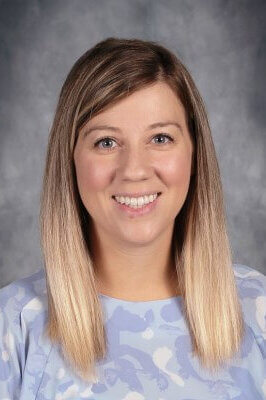
Hillary Timonera
Director of Special Education
htimonera@batesville.k12.in.us
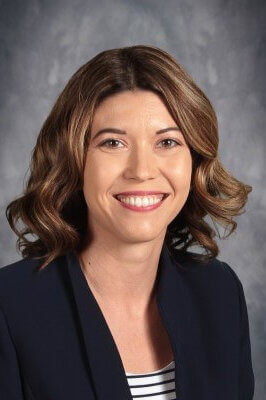
Kindra Moore
Educational Consultant
kmoore@batesville.k12.in.us
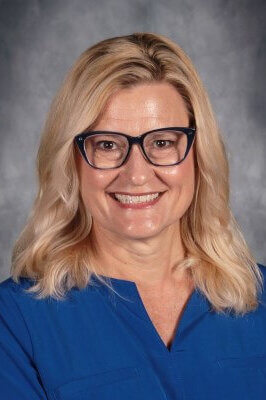
Barb Greene
Administrative Assistant
bgreene@batesville.k12.in.us

Elaina Beach
Physical Therapist
ebeach@batesville.k12.in.us

Michelle Thompson
Occupational Therapist
mthompson@batesville.k12.in.us
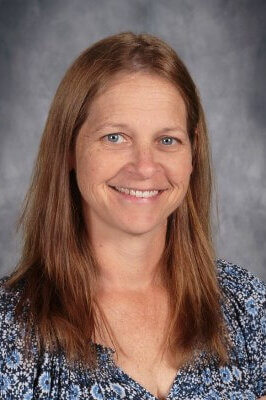
Mindy Koehne
BLV (Blind/Low Vision) Teacher
mkoehne@batesville.k12.in.us
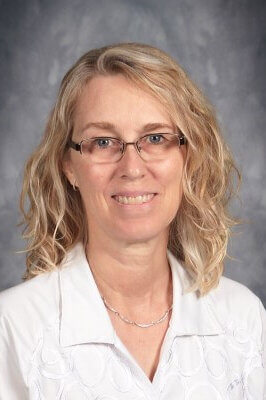
Lori Trimble
DHH (Deaf/Hard of Hearing) Teacher
ltrimble@batesville.k12.in.us

Brandy Westrick
Teacher for Non-Public School Students
bwestrick@batesville.k12.in.us
All students, including those with disabilities, are held to high expectations and have equitable access to educational opportunities that enrich their lives and prepare them for future success.
Our goal as educators at Batesville Community School Corporation is to improve outcomes for all students. This can be accomplished through a system that ensures equity and access. Equitable Access is the guarantee that all students are provided the necessary and individualized supplementary aids and services, accommodations, modifications, or supports to meaningfully participate in the general education curriculum. Equitable access is accompanied by a school-wide acceptance or belief in shared responsibility, shared accountability, and high expectations. Improving outcomes also requires a strong core curriculum, high quality instruction, unbiased assessment that guides instruction, and collaboration among administrators, general and special education staff, parents, and the community. Multi-tiered system of support and universal design for learning provide the foundation necessary to reach the overall goal. BCSC continues to promote inclusionary practices at all levels.
Who Is Eligible to Receive Special Education Services?
Children with an eligible disability are entitled to receive services through public schools. Eligible disabilities include:
- Autism Spectrum Disorder: A developmental disability in communication, learning, and social interaction.
- Blind/Low Vision: A vision loss, that even with best correction, adversely affects educational performance.
- Cognitive Ability: Demonstrated by significantly below average general intellectual functioning. May be mild to severe in nature.
- Deaf-Blind: Involves both hearing and visual impairments.
- Deaf/Hard of Hearing: A hearing loss that, with or without amplification, adversely affects specific language and learning.
- Developmental Delay: For students 3-8 years old with delay to their development.
- Emotional Disability: A severe, lengthy emotional condition which adversely affects educational performance.
- Language/Speech Impairment: One of several disorders of language or speech.
- Multiple Disabilities: Two (2) or more disabilities, including a cognitive disability, each so severe that neither can be identified as primary.
- Orthopedic Impairment: A physical impairment affecting educational performance.
- Other Health Impairment: Manifested by limited strength, vitality, or alertness due to chronic or acute health problems.
- Specific Learning Disability: A disorder in one or more basic processes involved in understanding or using language.
- Traumatic Brain Injury: An acquired injury to the brain that affects the student’s educational performance.